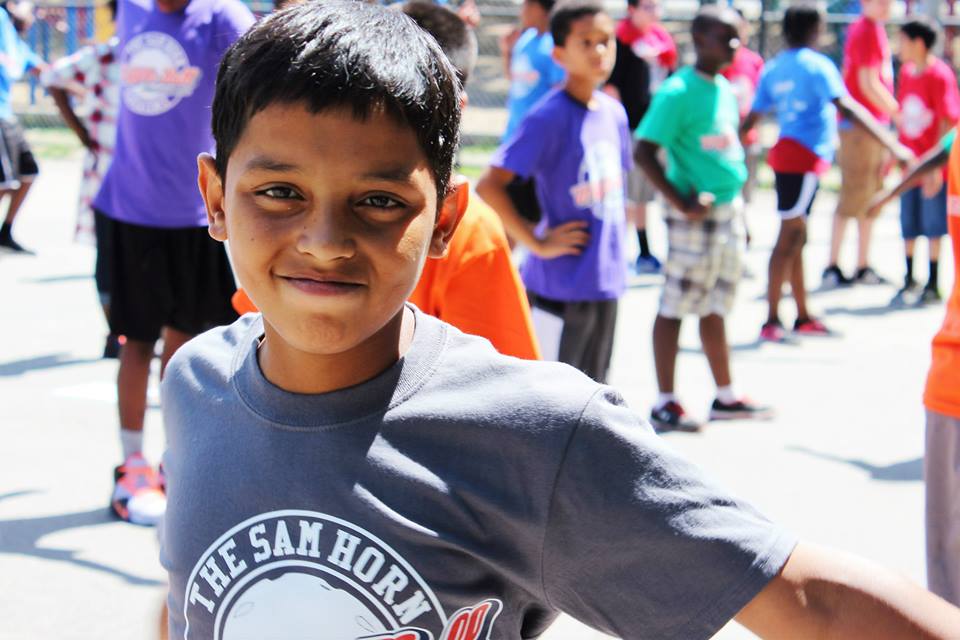by Rachael Otoo
How is our community progressing if you are supported, but I am struggling?!
I attended Acton-Boxborough high school, and I noticed that there were programs available for students with different forms of disabilities, including learning disability. There was also an ELL class, to help students struggling with English. I noticed the students were given resources to support them in school. The school strived to include all the students. When there were school dance events, all students could participate or talent shows.

To feel included in a community, all members within the communities should have support. There are students who may feel that they need more support in certain areas, that other students may not need. Therefore, communities need to endeavor to fund programs such as educational programs for students. The programs should not be just in schools, but also within the communities.
There are after-school programs such as Girls Inc, and the Boys & Girls Club. These are non-profit program. Most of the children are not from wealthy families, and so, it is affordable for them to attend these programs. This solidifies the belief that, communities need to be mindful of everyone within the communities including children. The need for programs such as Girls Inc is created to be accessible to all children. These programs support students who need extra support in their academics, as well as provide them with the skills and knowledge to achieve professional and personal goals.

Programs like Girls Inc and Boys & Girls club encourage cultural integration, and diversity. They teach children about collaboration, leadership skills, healthy lifestyle etc. When children are granted the opportunities to succeed in school, they feel a sense of inclusion in the community. This would encourage them to apply the skills and knowledge they have learned to excel in the communities as well. Children grow up to become teachers, doctors, lawyers, nurses, artists, activists etc.
I intern at Girls Inc, and I have learned that the girls in the program are empowered and taught to achieve their aspirations. They are informed on ways to achieve their life goals, and taught to be socially aware of social justice and injustices. This teaches them what it means for them to be a part of community, and being in a program that supports them proves that they matter in the community. They would be able to contribute to the community to be involve in the communities in the future.
This indicates that for communities to thrive, children from diverse groups and socioeconomic backgrounds should be given the resources to excel. Children are part of the community, which means that they need to feel a sense of belonging in the community. There is no equality, if children and their needs are disregarded. This is especially true for students from different socioeconomic backgrounds, diversity and with disabilities. They need to feel involved and mattered in the community.
To provide programs such as Girls Inc, Boys & Girls club, and even school programs, funding needs to be available to support them. Learning grants were also in education that provided, computer classes, language classes, tutoring and self-esteem workshops for people in the community (Foster-Fisherman et al, 2006). Without the funds, members of the community such as the students would not be able to succeed, and socially included within the community. The Frederick Assad Abisi Adult Education center is designed for adults who want to achieve their education. The availability of this program shows that there are members of a community that aspire to further their education. The funding for the Lowell Adult Education program provides them with the support to attend school. The center supports them in taking the GED exam. Members of a community need funding for programs that would support them.
#uml #commpsych
References
Foster-Fishman, P. G., Fitzgerald, K., Brandell, C., Nowell, B., Chavis, D., & Egeren, L. A. (2006). Mobilizing Residents for Action: The Role of Small Wins and Strategic Supports. American Journal of Community Psychology, 38(3-4), 213-220
